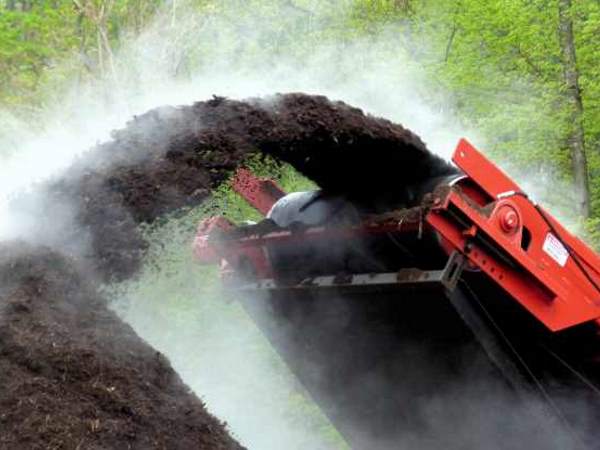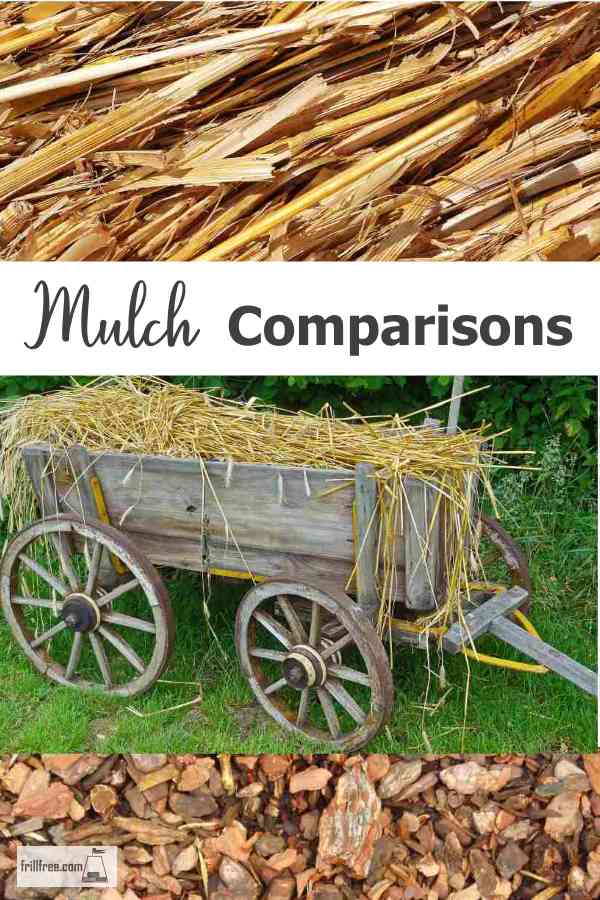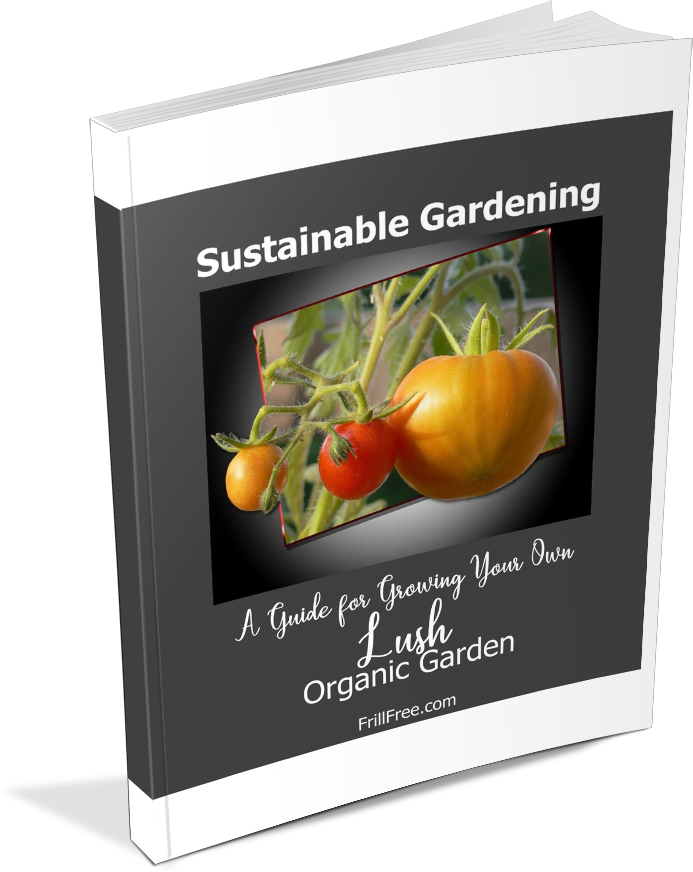- Homesteading
- Methods of Organic Farming
- Mulch Comparisons
Mulch Comparisons
Find The Best Mulching Materials
There are so many ways to mulch, and so many different materials to use. What's most important? Cost? Availability? Ease of use?
Your first consideration is to ask, what is this mulch for? If it's to hold moisture in the soil to conserve water, there are a few mulches that excel at this.
Sometimes, for pathways for instance, other
materials will work better, providing drainage, preventing slips and
falls, and giving a semi-permanent walkway for wheelbarrows.
Some crops need temporary mulching, such as tomatoes, and once the season is done, this mulch needs to be biodegradable, saving you time and effort in the fall.
Tomatoes benefit from red mulch, which
reflects on the fruit, helping it to ripen quicker. As you might
expect, this would not be an organic mulch, but plastic. Dispose of it
responsibly, or get the kind that you can use for years without
replacing it.
This chart will help you hone in on the best mulch for your needs; compare the columns.
Mulch Comparison Chart
Type of Mulch |
Uses |
Pros & Cons |
Bark |
Pathways and permanent beds |
Expensive, but the best looking mulch material |
Wood Chips |
Ideal for pathways and semi permanent growing |
Ties up Nitrogen in the soil. Needs to be laid over cardboard, newspaper or carpet to prevent weeds growing through it. |
Straw* |
Clean, no weeds, great mulching material but a little difficult to spread cleanly. |
May get too wet and soggy, and encourage slugs and snails. |
Hay* |
Not recommended for use in vegetable gardens. |
Contains seeds and weeds. Compost it in a hot compost only. |
Grass Clippings
|
Perfect for newly planted or small plants - keeps the soil from splashing up on susceptible crops. |
Only use herbicide free sources. Spread thinly, and stay away from the stems of plants as it can get hot. Don't spread too thickly in case of spontaneous combustion - no kidding, I've seen it happen! |
Leaves
|
Adds organic matter and retains moisture. |
Chop or shred the leaves before spreading to prevent them matting down. |
 Overheated mulch - Mulch, and all other organic materials, can get pretty hot. Use caution, check the pile and keep it wet so it won't catch fire.
Overheated mulch - Mulch, and all other organic materials, can get pretty hot. Use caution, check the pile and keep it wet so it won't catch fire.* It has recently come to my attention that hay and straw quite often has a chemical herbicide in it (aminopyralid herbicide, also known by the trade name Grazon), which is persistent even after feeding to cows and horses and other animals.
There doesn't seem to be much evidence that using it prior to animals eating it has the same effect, but for now, I'm shying away from its use in my garden, especially for tomatoes and other nightshade family members.
















